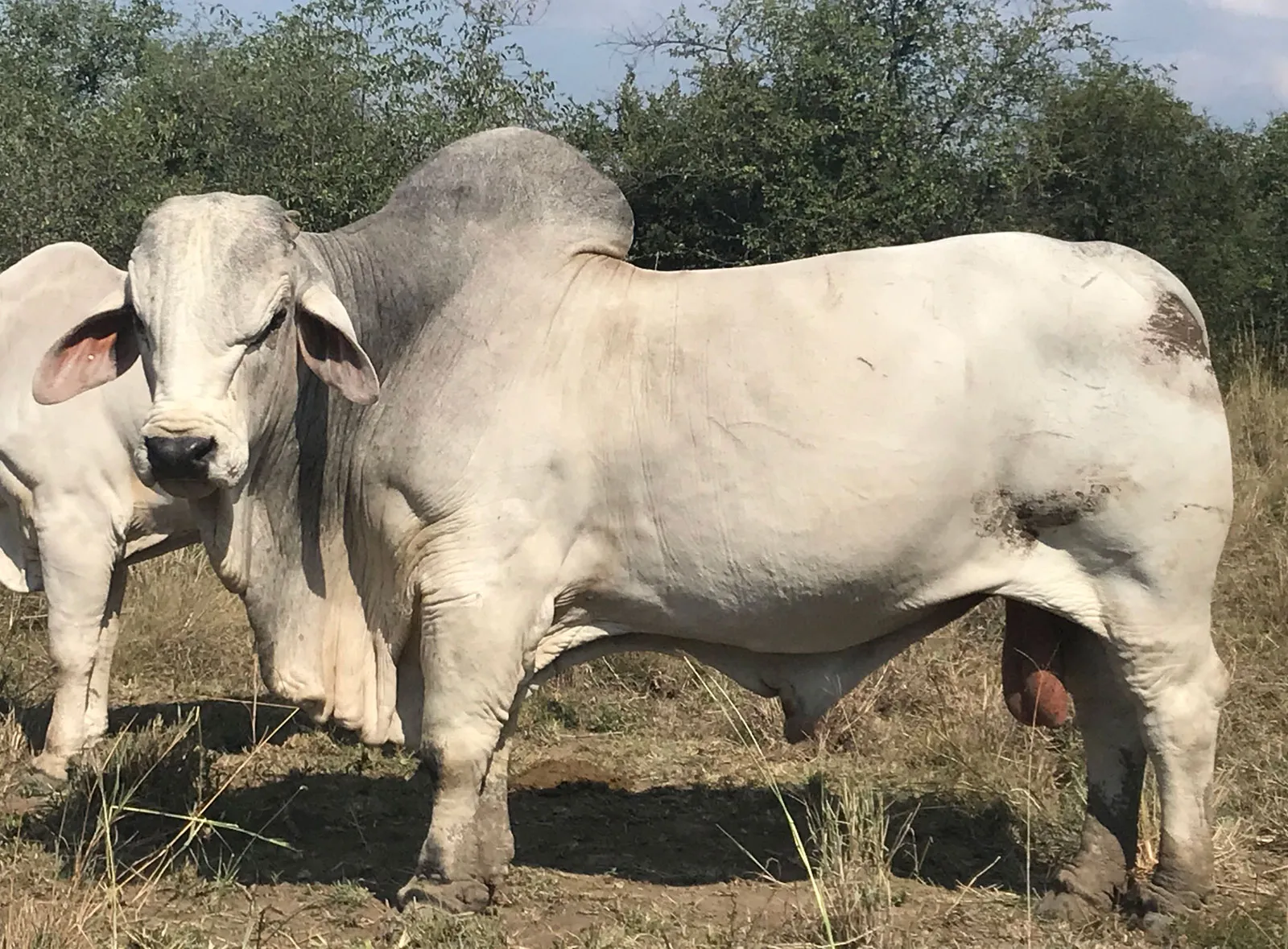Buying semen instead of bulls is an effective way to minimise financial losses in the Brahman stud breeding business, according to Dr Themba Dlodlo, a prominent farmer.
Dr Dlodlo, a Brahman stud breeder with a farm in Esigodini, reiterated that Brahman breeders should consider using semen for breeding purposes rather than purchasing a whole bull, as semen can be more effective.
He made these comments during an interview with CITE on The Breakfast Club show on Asakhe Online.
Dr Dlodlo recounted his experience developing a liking for the Brahman breed after spotting them around the Somabhula area. He later learned that they grow fast, making them excellent beef cattle with good milk production.
He explained that some farmers who have ventured into raising this breed have endured losses because they sometimes buy expensive bulls that may not produce the quality of offspring they hoped for, failing to achieve their desired return on investment.
Dr Dlodlo revealed that he typically purchases semen for breeding from the United States, United Kingdom, or South Africa, where high-quality brands are available at an average cost of between US$20 and US$50 per straw.
“When selecting semen, you need to consider the characteristics of the bull,” Dr. Dlodlo said. “Ask yourself what qualities you want from the offspring. For example, if you are raising them for beef, you need a bull with good musculature.
“If you plan to use the bull for breeding for three or four years, it will have fathered heifers during that time. However, inbreeding is not allowed. So, when you want a new generation of calves, you need to introduce a new bull. The best way to do this is to buy semen. You can purchase it from neighboring countries or overseas.”
Dr. Dlodlo emphasized that some farmers have suffered significant financial losses by buying bulls instead of semen. When the bulls do not perform as expected, they are forced to sell them at lower prices than anticipated.
“Bulls purchased overseas are very expensive,” he explained. “Suppose you buy one that doesn’t perform well. It may be difficult to recover your investment, and you might end up selling it for slaughter or to commercial farmers.
“This is why I prefer to use semen. That way, I can monitor the calves. If they don’t possess the desired traits, I can stop using that semen. By doing so, I wouldn’t lose as much money as I would if I were buying actual bulls. Ultimately, selection is key. You need to assess if the quality of calves you’re getting meets your needs. If not, you can sell them and start with a different breed. That’s how you maintain a good bloodline.”

